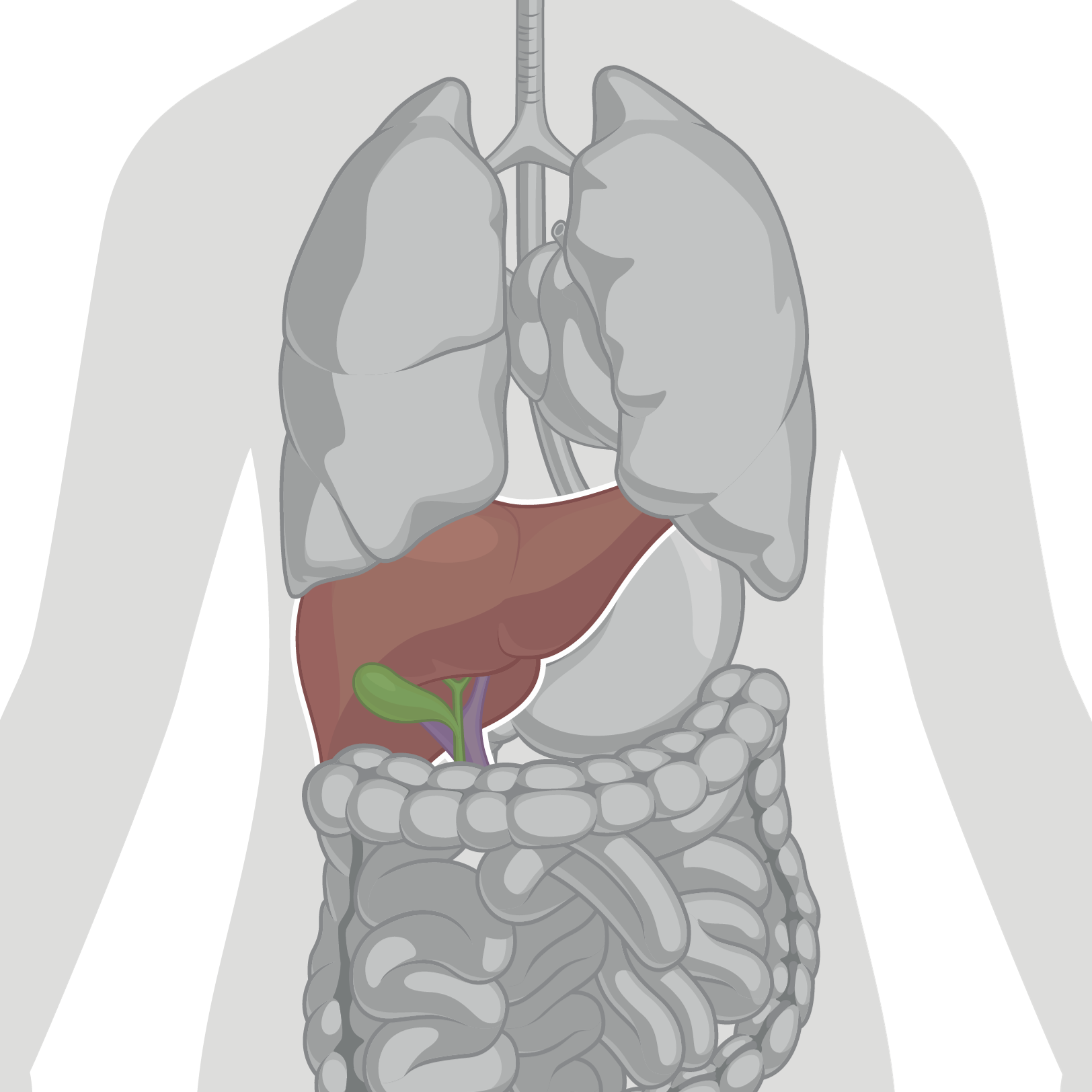The School Clinic Morley Street Brighton BN2 9DH
The School Clinic Morley Street Brighton BN2 9DH
Your liver performs many vital functions in your body, including filtering out toxins from your bloodstream. This can make it vulnerable if it becomes overwhelmed by the toxins it processes, and it can stop working so well.
‘Liver disease’ refers to chronic conditions that can do progressive damage to your liver over time. Your liver has great regenerative powers, but constantly working overtime to restore itself takes its toll. Eventually, it can’t keep up.

Whilst not everyone with liver disease will be get liver cancer, most people with liver cancer will have had liver disease. This is because the processes of inflammation and repair and scarring, can affect your cells and make them more likely to become cancerous.
There are many types of liver disease, but here are a few of the most common:
More detail on the causes of liver disease can be found on the University Hospitals Sussex website.

Check out this presentation from Mags O’Sullivan and team at Arch’s 2023 Homeless Health conference. It contains information for frontline workers supporting clients with liver disease, as well as signposting to resources and services in Brighton and beyond.
These resources were mentioned in the session, and are available here to download and view:
The alarming impact of liver disease in the UK (British Liver Trust)